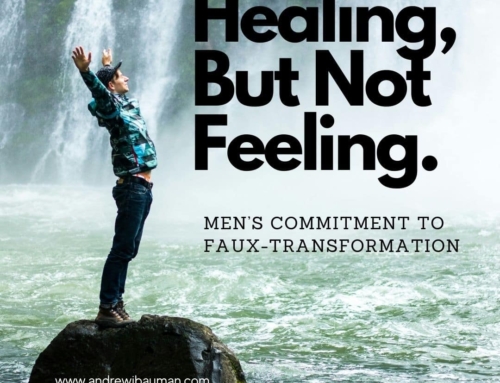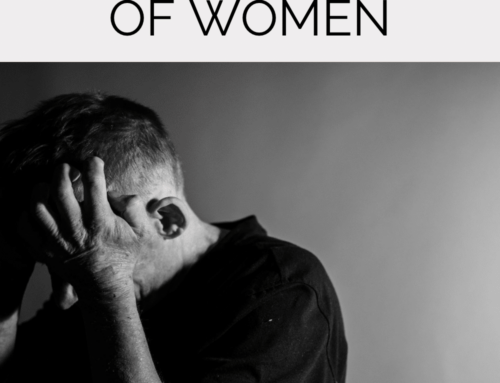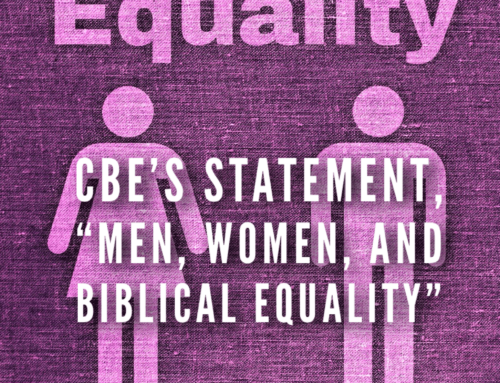I am realizing that men are innately disconnected from their own bodies in a way that is unique to their maleness. (I am clearly not saying all women are connected to their bodies, clearly, and trauma warps all bodily connection.) But girls grow into womanhood with their monthly cycles literally forcing them to be connected to their own blood, their own genitalia. As they age many women choose to give birth, another way women become in touch with their bodies. Growing another life inside their womb, nausea, the constant discomfort, and yes the pain, the horrific pain, women are forced to confront their bodies in a way men aren’t. I am also am aware of a woman’s vagina literally being “inside” of her vs. a man’s penis being “outside” of himself. There seems to be something about men being comfortable with living disembodied. This is problematic (especially for men, but for all of us) because our mental and spiritual health is dependent on our ability to connect with our own bodies. Let me explain. If God resides in our body (1 Corinthians 3:16-17) then connecting with our body would be vital to connecting with the very God of the universe? So if men remain disconnected with self, will we know true communion with God?
As men, we have very little that roots us into our own bodies, except for the experience of pain. I think of God’s curse towards Adam in Genesis 3:17, “Cursed is the ground because of you; through painful toil, you will eat food from it all the days of your life.” (NIV) It seems like pain is the only thing that centers us in our bodies. I am reminded when I attempted the 2,173 miles through-hike of the Appalachian Trail. At the time I was hiking over 20 miles a day, the pounding and the wear and tear on my feet eventually caught up to my body. I developed plantar fasciitis, little muscle tears throughout the bottoms of my feet. This caused immense swelling in my feet. So about every 8 miles or so the pain becoming unbearable, and using my hiking sticks as crutches, I would ice my feet in the cold mountain streams until the swelling would eventually go down. I started popping pain medication with too much regularity in an attempt to numb what my body was screaming at me, and went on hiking for another month. Ultimately, the injury ended my ability to hike any further, after over 900 miles, and 300 miles while limping and cussing, I went home. For the next five years, I could not walk barefoot without agony and a significant limp. I did not listen or honor my body’s call for mercy. I allowed my insecurity in my ability to finish this hike as a false representation of my masculinity. Instead of facing my insecurities and listening to God’s voice within my body, I chose cowardice, while masquerading it as strength. I attempted to master my body, ignore the pain, and I paid deep consequences. The pain that my body was experiencing was an invitation to know my wounds and my God more fully. At that moment I missed my body’s invitation to the Divine, only know nearly 15 years lately am I understanding the importance of being embodied.
What so happens when we as men allow our insecurity to rule us? What happens when we deny our bodies their truth? When we are no longer at peace with our pain? When we do whatever it takes to numb our bodies voice? Who likes pain? It seems like we have created a cultural norm that reduces pain at all costs, thus reducing our resilience, and our ability to connect deeply with our true selves.
In closing, I am reminded of German Catholic Theologian, Johannes Baptist Metz when he writes, “Assent to God starts in our sincere assent to ourselves, just as sinful flight from God starts in our flight from ourselves.” We must enter into our bodies, become intimate with its voice, and follow God’s lead. Men, we must push beyond our own masculine socialization, become in tune with our bodies, and with God’s Holy and good spirit.






